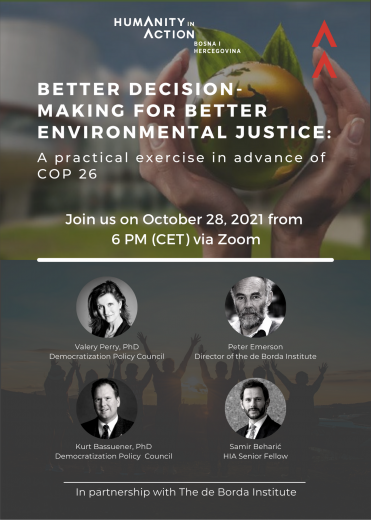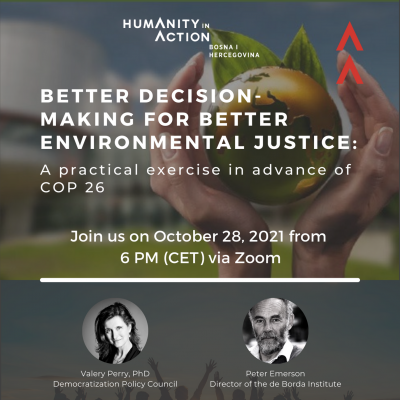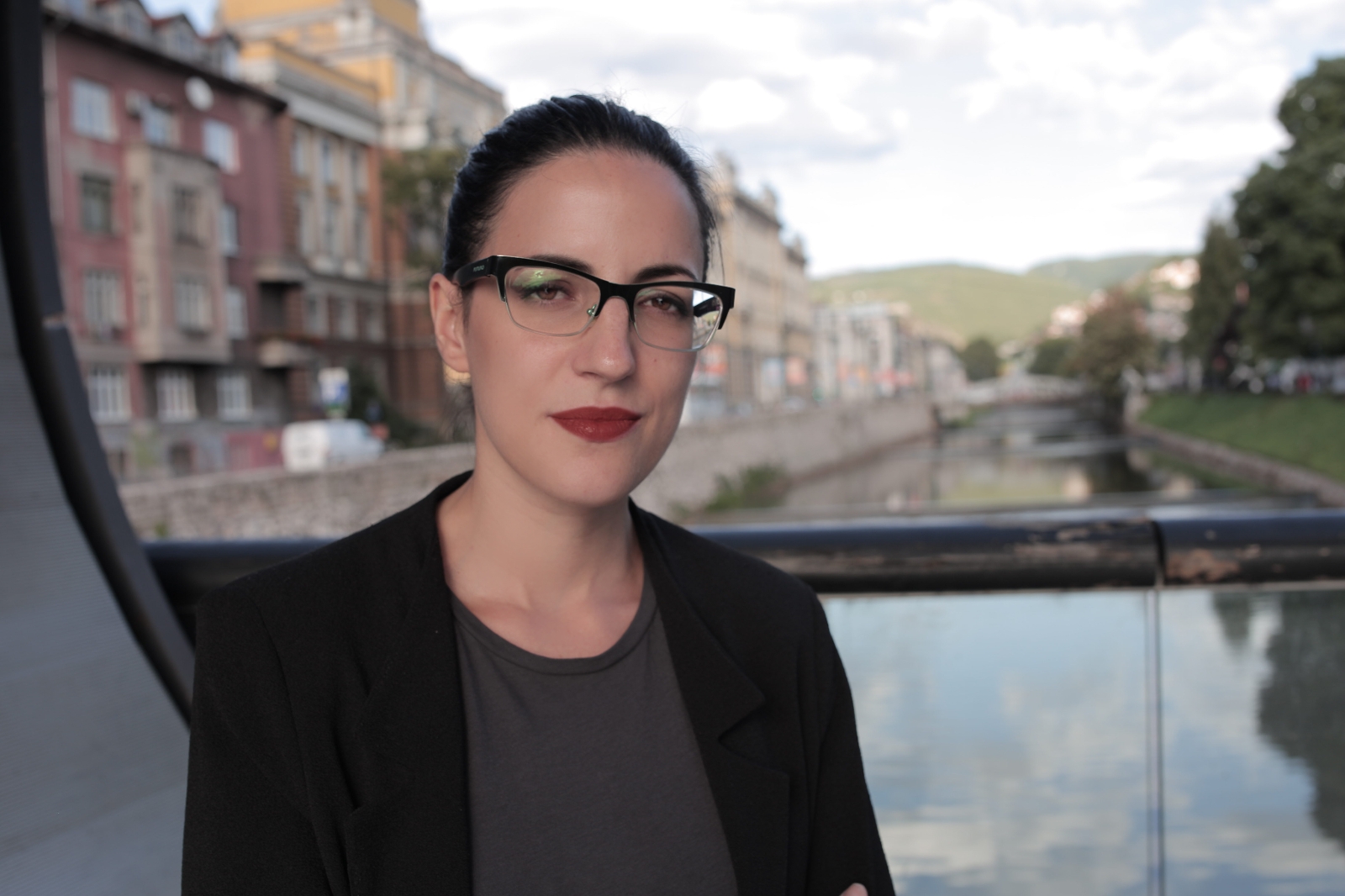Details
Article
Humanity in Action BiH Team is organizing the next segment in this year’s Action Project Lab Series – the First International Webinar. The International Webinar will take place on Thursday, October 28th from 18:00 – 20:00 CEST // 12:00 pm – 2:00 pm EDT and the topic of conversation will be “Better decision-making for better environmental justice: A practical exercise in advance of COP 26.”
This interactive webinar, which we are organizing just two weeks in advance of the 26th United Nations Climate Change Conference, also known as COP26, is an opportunity for Humanity in Action and its Fellows to work together and identify the most important segments of environmental policies they consider COP 26 should debate on or even advocate for, and the collective prioritization on the proposed policies by voting on some of the central questions.
Apart from the interactive exercise on the deBorda software, the webinar also includes an introduction to the muddled decision-making process of Bosnia and Herzegovina and what that means for BiH’s environmental policy. The webinar will also provide you with an overview of the civic activism stemming from ecological issues in BiH and an introduction to the various voting procedures in a participatory decision-making system. Ultimately, this will lead us to draw up our own Humanity in Action COP 26 policies.
Our facilitators: Valery Perry, Kurt Bassuener, Peter Emerson and Samir Beharić
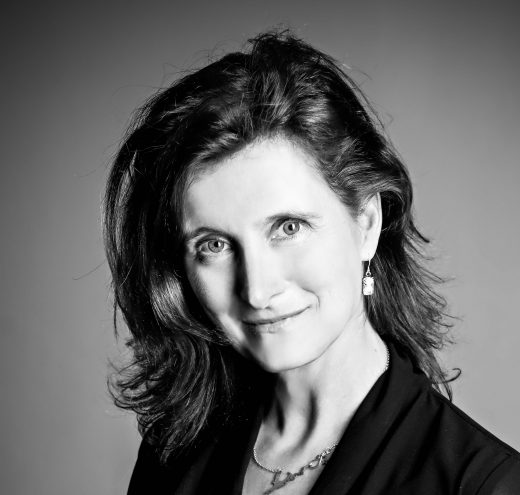 Valery Perry has worked in the Western Balkans since the late 1990s, conducting research and working for organizations including the Democratization Policy Council (DPC), the European Center for Minority Issues (ECMI), the Public International Law and Policy Group (PILPG), and NATO SFOR. From 2017 – 2019 she worked at the OSCE Mission to Serbia on a project to prevent and counter violent extremism, having previously worked at the OSCE in Sarajevo. She has consulted for the UN Office on Drugs and Crime, the UN Development Program, the Regional Cooperation Council, USAID, IMPAQ International, and other organizations. Valery has published numerous articles and book chapters, has spoken at conferences and policy events in the United States and throughout Europe, and has testified at the U.S. Congress. In 2019 a book she edited, Extremism and Violent Extremism in Serbia: 21st Century Manifestations of an Historical Challenge, was published by Ibidem Press/Columbia University Press. Her first documentary film, Looking for Dayton, was screened at the 26th Sarajevo Film Festival in 2020.
Valery Perry has worked in the Western Balkans since the late 1990s, conducting research and working for organizations including the Democratization Policy Council (DPC), the European Center for Minority Issues (ECMI), the Public International Law and Policy Group (PILPG), and NATO SFOR. From 2017 – 2019 she worked at the OSCE Mission to Serbia on a project to prevent and counter violent extremism, having previously worked at the OSCE in Sarajevo. She has consulted for the UN Office on Drugs and Crime, the UN Development Program, the Regional Cooperation Council, USAID, IMPAQ International, and other organizations. Valery has published numerous articles and book chapters, has spoken at conferences and policy events in the United States and throughout Europe, and has testified at the U.S. Congress. In 2019 a book she edited, Extremism and Violent Extremism in Serbia: 21st Century Manifestations of an Historical Challenge, was published by Ibidem Press/Columbia University Press. Her first documentary film, Looking for Dayton, was screened at the 26th Sarajevo Film Festival in 2020.
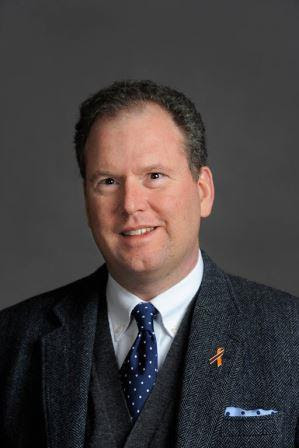 Kurt Bassuener is a co-founder and senior associate of the Democratization Policy Council, a Berlin-based think-tank established in 2005. His received his PhD in 2021 from the University of St. Andrews’ Centre for the Study of Terrorism and Political Violence, after successfully defending his dissertation, “Peace Cartels: Internationally Brokered Power-Sharing and Perpetual Oligarchy in Bosnia and Herzegovina and North Macedonia.” Kurt is co-author and research director for the Diplomat’s Handbook for Democracy Development Support, a project of the Community of Democracies. Prior to studying at St. Andrews, he lived for 11 years in Sarajevo, starting in 2005 as a strategist for then-High Representative Paddy Ashdown. He was political and campaign analyst for the OSCE-ODIHR election observation mission in Ukraine in 2004–2005, and previously conducted analysis-based advocacy in Washington D.C. for the Balkan Institute, the Balkan Action Council, the U.S. Institute of Peace, and the International Rescue Committee.
Kurt Bassuener is a co-founder and senior associate of the Democratization Policy Council, a Berlin-based think-tank established in 2005. His received his PhD in 2021 from the University of St. Andrews’ Centre for the Study of Terrorism and Political Violence, after successfully defending his dissertation, “Peace Cartels: Internationally Brokered Power-Sharing and Perpetual Oligarchy in Bosnia and Herzegovina and North Macedonia.” Kurt is co-author and research director for the Diplomat’s Handbook for Democracy Development Support, a project of the Community of Democracies. Prior to studying at St. Andrews, he lived for 11 years in Sarajevo, starting in 2005 as a strategist for then-High Representative Paddy Ashdown. He was political and campaign analyst for the OSCE-ODIHR election observation mission in Ukraine in 2004–2005, and previously conducted analysis-based advocacy in Washington D.C. for the Balkan Institute, the Balkan Action Council, the U.S. Institute of Peace, and the International Rescue Committee.
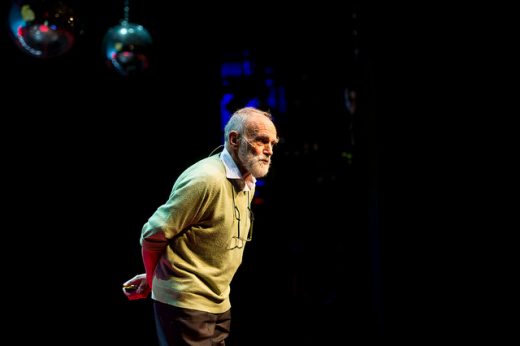 On completing three years teaching in Nairobi, back in the 1970s, Peter Emerson cycled 10,000 kms around Central Africa and, amongst many other things, learnt that “asking yes-or-no questions is very unAfrican.” In 1975, he moved to Northern Ireland, and learned that majoritarianism doesn’t work here either. In fact, it doesn’t work well anywhere. Cycling across the Iron Curtain in 1986, on his way to Moscow, he learnt that majority voting was how the Bolsheviks started – the very word means ‘member of the majority’. In 1992/3, he cycled across BiH, twice, from Zagreb via Banja Luka to Belgrade, via Zvornik and Sarajevo to Mostar, if only to say majoritarianism doesn’t work there either. Peter currently runs the de Borda Institute advocating a precision instrument – preferential voting. He spoke Swahili, speaks Russian and some Bosnian, and is studying Chinese.
On completing three years teaching in Nairobi, back in the 1970s, Peter Emerson cycled 10,000 kms around Central Africa and, amongst many other things, learnt that “asking yes-or-no questions is very unAfrican.” In 1975, he moved to Northern Ireland, and learned that majoritarianism doesn’t work here either. In fact, it doesn’t work well anywhere. Cycling across the Iron Curtain in 1986, on his way to Moscow, he learnt that majority voting was how the Bolsheviks started – the very word means ‘member of the majority’. In 1992/3, he cycled across BiH, twice, from Zagreb via Banja Luka to Belgrade, via Zvornik and Sarajevo to Mostar, if only to say majoritarianism doesn’t work there either. Peter currently runs the de Borda Institute advocating a precision instrument – preferential voting. He spoke Swahili, speaks Russian and some Bosnian, and is studying Chinese.
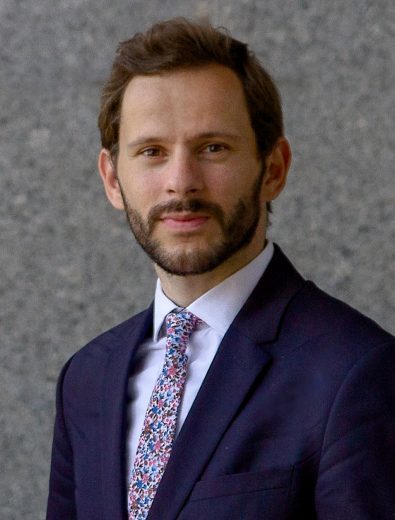 Samir Beharić is a HIA Senior Fellow (2015 Copenhagen Fellowship), a youth activist, a Global Studies graduate, and a Research Officer at The Balkan Forum, a Prishtina-based think-tank. Samir’s human rights activism was recognised by the OSCE with the 2018 Max van der Stoel Award for his efforts to prevent further ethnic segregation of schools in Bosnia and Herzegovina. Currently, he is a Board Member of the Western Balkans Alumni Association, a regional NGO which brings together young people who return to the region after studies abroad. Prior to this, he served as the Lantos Congressional Fellow in the U.S. Congress in Washington, D.C. and as Schuman Trainee at the European Parliament in Brussels. He studied at universities in Sarajevo, Berlin, Rome, Vienna, Leipzig, and Samsun.
Samir Beharić is a HIA Senior Fellow (2015 Copenhagen Fellowship), a youth activist, a Global Studies graduate, and a Research Officer at The Balkan Forum, a Prishtina-based think-tank. Samir’s human rights activism was recognised by the OSCE with the 2018 Max van der Stoel Award for his efforts to prevent further ethnic segregation of schools in Bosnia and Herzegovina. Currently, he is a Board Member of the Western Balkans Alumni Association, a regional NGO which brings together young people who return to the region after studies abroad. Prior to this, he served as the Lantos Congressional Fellow in the U.S. Congress in Washington, D.C. and as Schuman Trainee at the European Parliament in Brussels. He studied at universities in Sarajevo, Berlin, Rome, Vienna, Leipzig, and Samsun.
